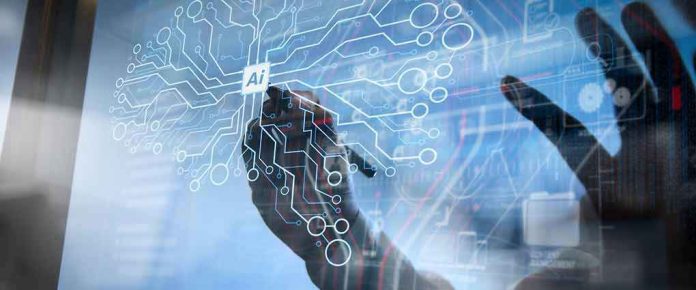
Big Tech is under fire again, this time for allegedly “pirating” the creative works of authors to train their AI models without permission—raising serious questions about intellectual property rights in the age of artificial intelligence.
At a Glance
- Authors are suing major tech companies for unauthorized use of their works in AI training.
- A US judge has ruled that training AI models on copyrighted books is permissible.
- The Authors Guild is ramping up efforts to push Congress for legislative action.
- Legal and legislative battles are shaping the future of AI development and copyright law.
The Battle for Intellectual Property
In June 2025, a group of authors filed a lawsuit against tech giants Microsoft and OpenAI, accusing them of using copyrighted books without permission to train their AI models. This case is just one of approximately 40 similar lawsuits currently wending their way through the courts. Authors, backed by organizations such as the Authors Guild, argue that this practice is a blatant violation of their intellectual property rights and undermines their creative control.
Tech companies, on the other hand, insist that their use of these works falls under the “fair use” doctrine. They claim that access to vast datasets is essential for improving AI capabilities and keeping the US competitive on the global stage. However, for authors like David Baldacci and Ralph Eubanks, this argument rings hollow. They see it as a theft of their creative output, plain and simple.
Judicial Decisions Stir Controversy
While the lawsuits pile up, a recent ruling has only added fuel to the fire. A US federal judge sided with Anthropic, allowing the use of copyrighted books for AI training. This decision is seen as a significant setback for authors and publishers who are fighting to protect their intellectual property. It suggests that the courts may be leaning towards favoring tech companies in this legal grey area.
This ruling has sent shockwaves through the creative community, raising concerns that if tech companies continue to win in court, it could set a dangerous precedent. Authors and publishers could lose control over their works, potentially undermining traditional publishing models and their income streams.
The Role of Congress
Amidst this legal chaos, the Authors Guild is intensifying its lobbying efforts in Congress, urging lawmakers to intervene. They are calling for clearer and stronger copyright protections that would prevent tech companies from exploiting authors’ works without consent. This is a critical juncture, as Congress faces the challenge of balancing innovation with the protection of intellectual property rights.
Lawmakers are under pressure to respond to constituents’ concerns and address the growing tension between creators and technology firms. The outcome of this battle could reshape the landscape of AI development and data access norms, with significant implications for US competitiveness and technological progress.
The Broader Impact
The stakes are high, not just for authors and publishers, but for the broader creative industries. Musicians, visual artists, and other creators are watching closely, as similar issues affect their works. The legal and legislative outcomes could influence the economics of publishing, the pace of AI innovation, and the balance of power between creators and technology firms.
As this saga unfolds, it’s clear that the fight over AI and intellectual property is far from over. Authors are determined to protect their rights and ensure that their creative contributions are respected in this rapidly evolving technological landscape. Whether through the courts or legislative action, this battle is pivotal in defining the relationship between creativity and technology in the 21st century.





